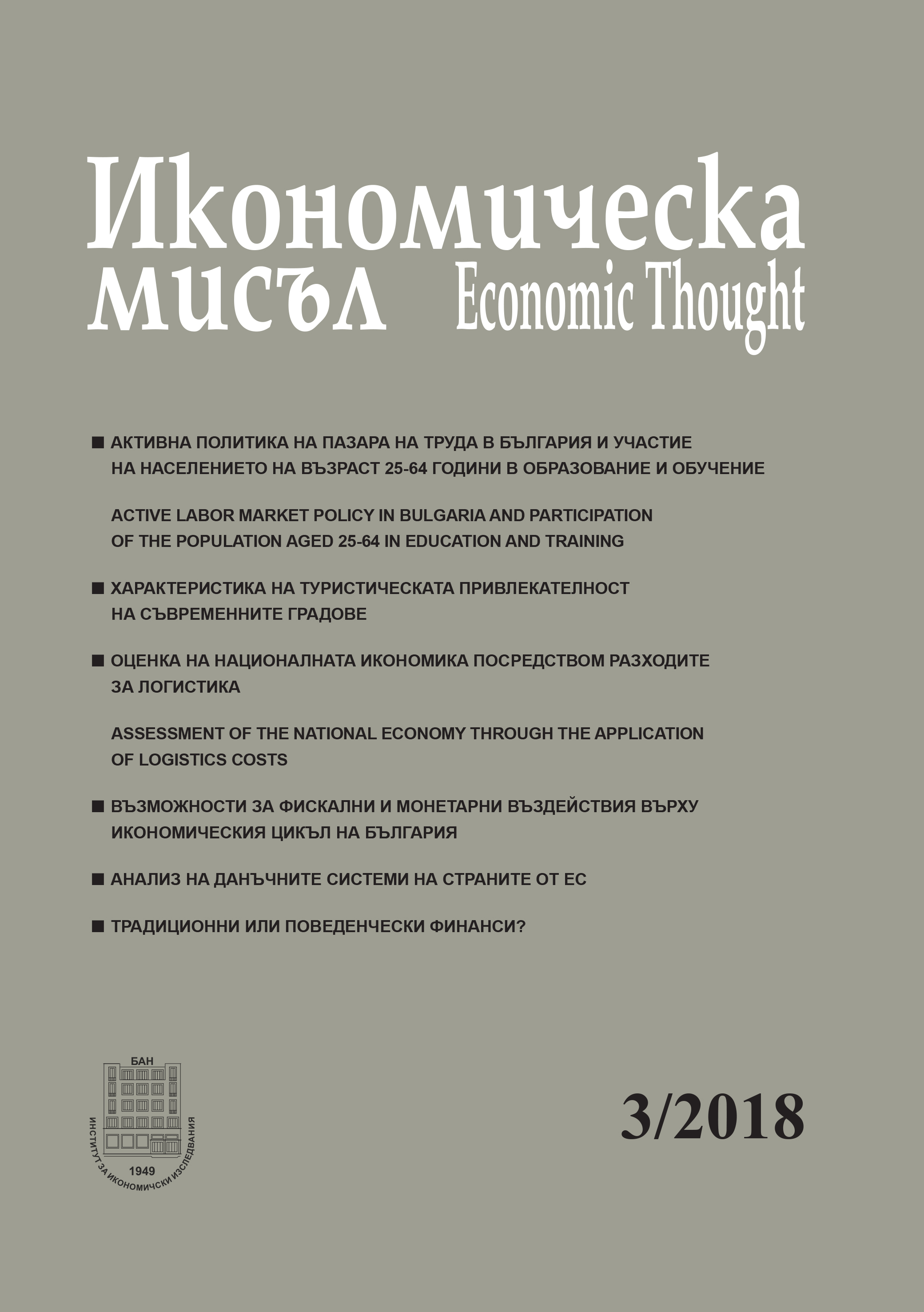Традиционни или поведенчески финанси?
Traditional or behavioral finance?
Author(s): Bozhidar NedevSubject(s): Economy
Published by: Институт за икономически изследвания при Българска академия на науките
Keywords: neoclassical financial theory; behavioural finance; prospect theory; expected utility theory; efficient market hypothesis
Summary/Abstract: The main differences between the neoclassical financial theory and behavioural finance are presented. They include the concept of rational economic agents, the notion of objective probability, the capital asset pricing models, the portfolio theory and the efficient market hypothesis. The theory of expected utility and the prospect theory are the most distinguished scientific achievements in conventional and behavioural finance respectively. The theoretical assumptions and the practical implementations, on which they are built, are summarized. The psychological effects, determining the decision making process of economic agents in uncertainty, are alleged and compared to the notions of the normative theory. The two different viewpoints of the two opposing fields in finance are presented with regard to the financial markets and instruments, the decisions made by investors and the portfolios constructed by them.
Journal: Икономическа мисъл
- Issue Year: 2018
- Issue No: 3
- Page Range: 113-134
- Page Count: 21
- Language: Bulgarian

